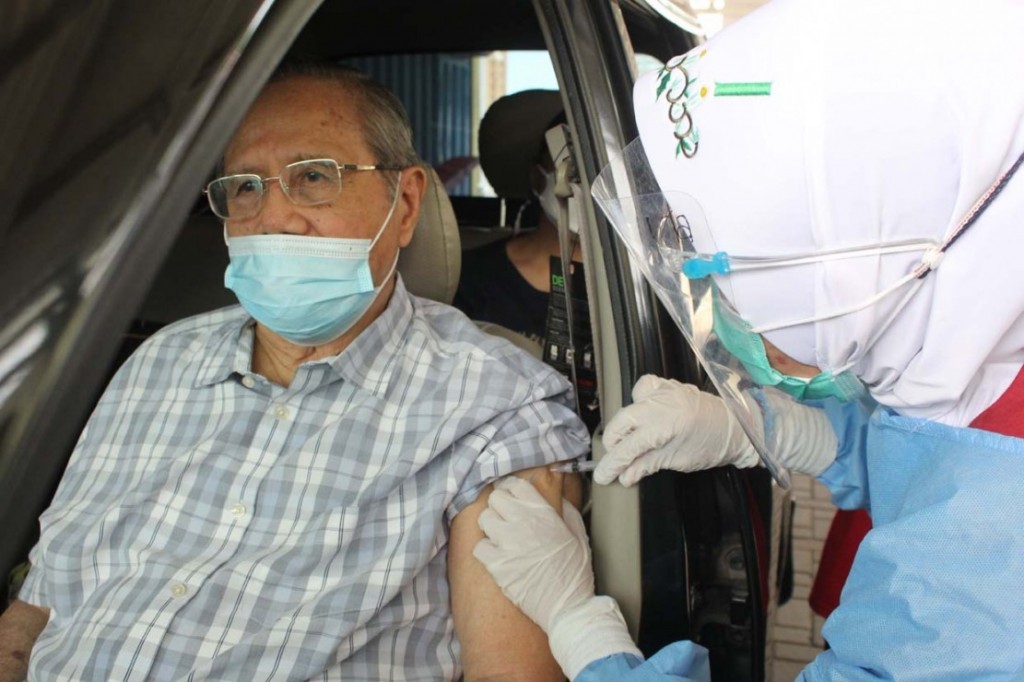Jakarta: The number of people aged 65 years or older worldwide is projected to more than double, rising from 761 million in 2021 to 1.6 billion in 2050, according to the World Social Report 2023, released on Thursday.
The World Social Report: Leaving No One Behind in an Ageing World states that the rights and well being of older persons must be at the centre of collective efforts to achieve a sustainable future.
Globally, a baby born in 2021 could expect to live, on average, almost 25 years more than a newborn from 1950, reaching 71 years, with women outliving men by an average of five years.
Northern Africa, Western Asia and sub-Saharan Africa are expected to experience the fastest growth in the number of older people over the next three decades, while Europe and Northern America combined now have the highest share of older persons.
"Together, we can address today’s inequalities for the benefit of tomorrow’s generations, managing the challenges and capitalizing on the opportunities that population ageing brings," said Li Junhua, United Nations Under-Secretary-General for Economic and Social Affairs, in a media release on Thursday.
As the report shows, not everyone has benefited equally from the improvements in health and education that have driven population ageing. While many older persons are in excellent health or economically active, others live with ailments or in poverty. In more developed regions, public transfer systems, including pensions and health care, provide over two thirds of the consumption by older persons. However, in less developed regions, older persons tend to work longer and rely more on accumulated assets or family assistance. Additionally, public spending in most countries has not been sufficient to cover the growing demand for long-term care.
Without policies to prevent them, systemic disadvantages reinforce one another throughout peoples’ lives, leading to gaping disparities at older ages, with dire consequences for progress towards the Sustainable Development Goals, including SDG 10 on Reducing Inequalities.
Cek Berita dan Artikel yang lain di Google News
FOLLOW US
Ikuti media sosial medcom.id dan dapatkan berbagai keuntungan



















